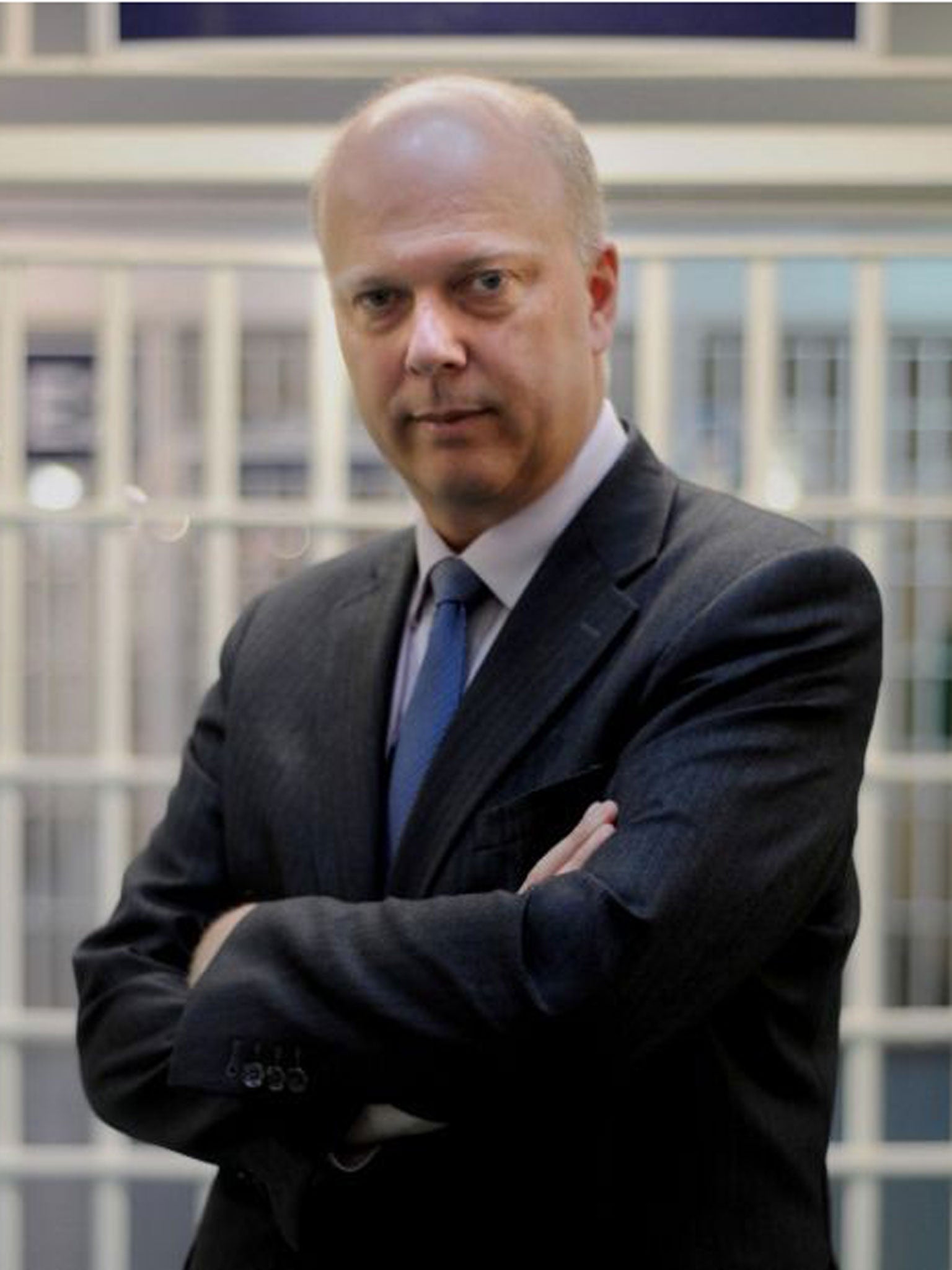TV licence dodgers could no longer face prosecution
Deputy Prime Minister Nick Clegg has warned against plans to decriminalise non-payment

Your support helps us to tell the story
From reproductive rights to climate change to Big Tech, The Independent is on the ground when the story is developing. Whether it's investigating the financials of Elon Musk's pro-Trump PAC or producing our latest documentary, 'The A Word', which shines a light on the American women fighting for reproductive rights, we know how important it is to parse out the facts from the messaging.
At such a critical moment in US history, we need reporters on the ground. Your donation allows us to keep sending journalists to speak to both sides of the story.
The Independent is trusted by Americans across the entire political spectrum. And unlike many other quality news outlets, we choose not to lock Americans out of our reporting and analysis with paywalls. We believe quality journalism should be available to everyone, paid for by those who can afford it.
Your support makes all the difference.Tory ministers have signalled interest in decriminalising non-payment for TV licence-dodgers - but Deputy Prime Minister Nick Clegg has warned against the plans.
Culture Secretary Maria Miller said a proposal backed by more than 100 MPs to make it a civil offence was an "interesting" idea which could form part of negotiations over the renewal of the BBC charter in 2017.
Justice Secretary Chris Grayling is also closely examining the switch, which would remove the threat of a criminal record and the potential of a jail term for not paying the £1,000 fine.
He said officials were engaged in "serious work" on the reform amid concerns over the burden on the criminal justice system - with magistrates hearing more than 180,000 cases last year.
Tory MP Andrew Bridgen, who has tabled a Commons amendment to make the change which has significant cross-party support, believes the present law is criminalising people "for being poor".
The Deputy Prime Minister sounded a far more cautious note than his Coalition colleagues however, pointing to BBC warnings that services would suffer if people felt less pressure to pay.
"We will look at it but I think you need to be aware that if you have a 1 per cent drop in the payment of the licence fee, that would lose you money which at the moment would cover the money for 10 local radio stations," he said as he attended the Liberal Democrat spring conference in York.
"It's important that people do pay their licence fee and I don't want to see any relaxation of that because I'm a great fan of the BBC.
"I think a lot of people rely on the BBC locally and nationally for their news and for a lot else besides.
"So we will look at it but I think it's important that we don't in any way lessen the signal that people should pay their licence fee."
Cases of people accused of evading the £145.50 fee accounted for in excess of one in 10 of all criminal prosecutions last year - with 155,000 convicted and fined.
Mr Bridgen is seeking to amend the Government's Deregulation Bill in order to remove the criminal offence and make it a civil matter, with the fine set by government.
"It is outrageous that so many people are brought in to the criminal justice system through this means," he told the Daily Telegraph.
"I believe that non-payment should be treated in the way that parking tickets are. It is absurd that the courts are being clogged up by such a minor offence."
Mrs Miller said: "This is an interesting idea but timing is crucial and decriminalisation of the licence fee should be on the table during charter review, not separate to the process."
A spokesman said it would help "focus the BBC's minds" on Mrs Miller's demands that the broadcaster "get its house in order, particularly when it comes to governance and transparency".
Mr Grayling said: "The Culture Secretary and I both agree that this is a really interesting idea - particularly given the pressure on our courts system.
"Our departments will be doing some serious work on the proposal."
A BBC Trust spokeswoman said: "While legislation is a matter for the Government, in the Trust's view this is clearly an issue that should be discussed in the round, including the potential impact on licence fee income and BBC output, as part of Charter review, and not before or separate to that process."
On Sunday the BBC said a report into the future of the corporation’s funding recommends increasing the licence fee in line with inflation and raising the amount of money it makes through commercial ventures.
The broadcaster made the disclosure after a newspaper report alleged that a review into the organisation's funding suggested replacing the licence fee with a subscription service from 2020.
The Sunday Times said that the majority of a 12-strong centenary review set up by James Purnell, the former Labour minister turned BBC director of strategy and digital, supported the change. It also reported that the review recommended freezing the licence fee until 2020.
But a BBC spokesman said: "The report recommends that the BBC pursue an inflationary licence fee increase with greater commercial revenue. No subscription model is recommended. "
Additional reporting by Press Association
Join our commenting forum
Join thought-provoking conversations, follow other Independent readers and see their replies
Comments